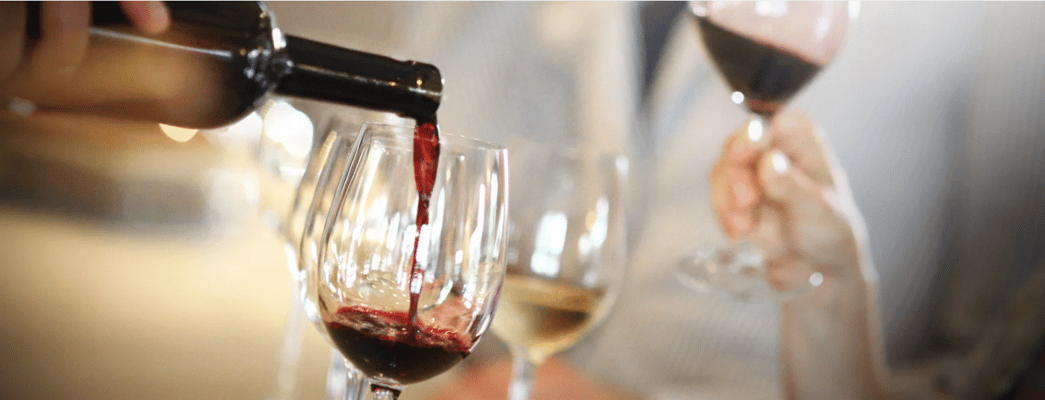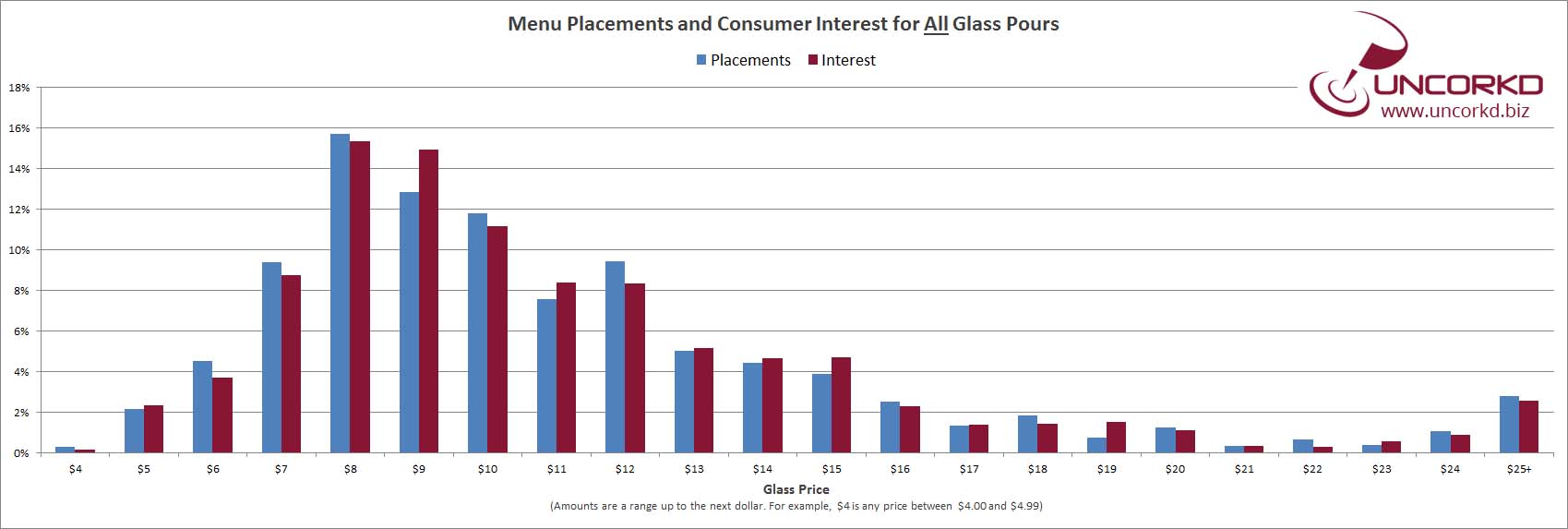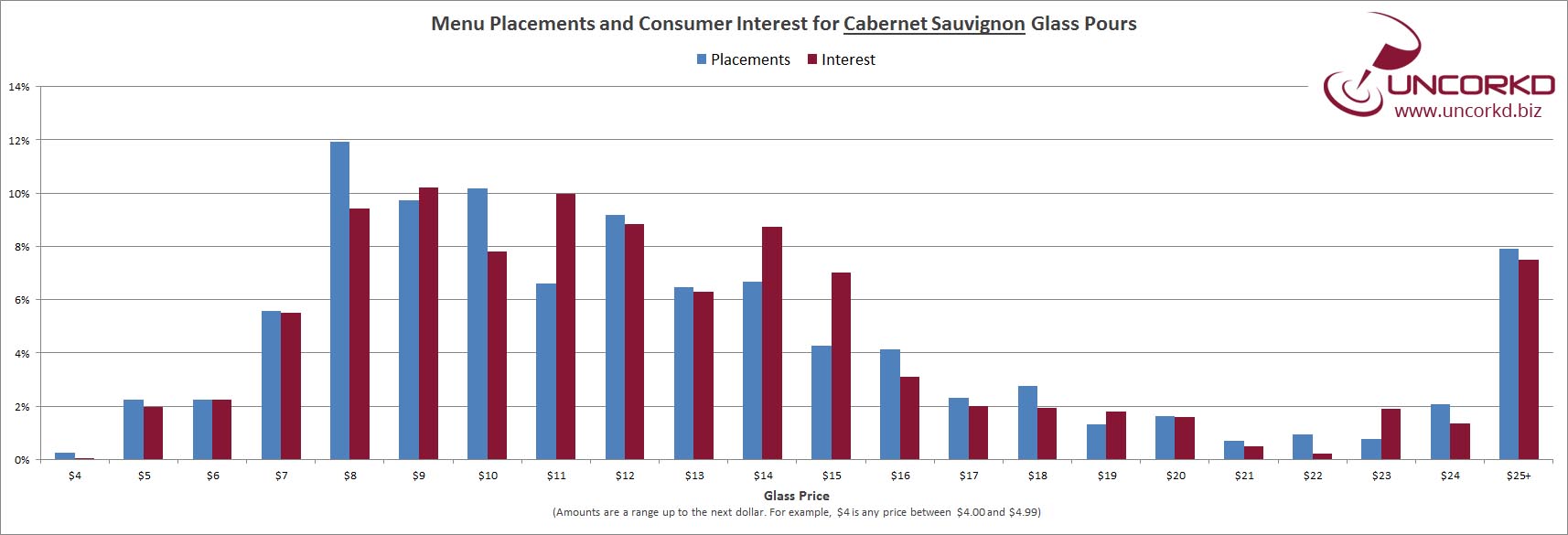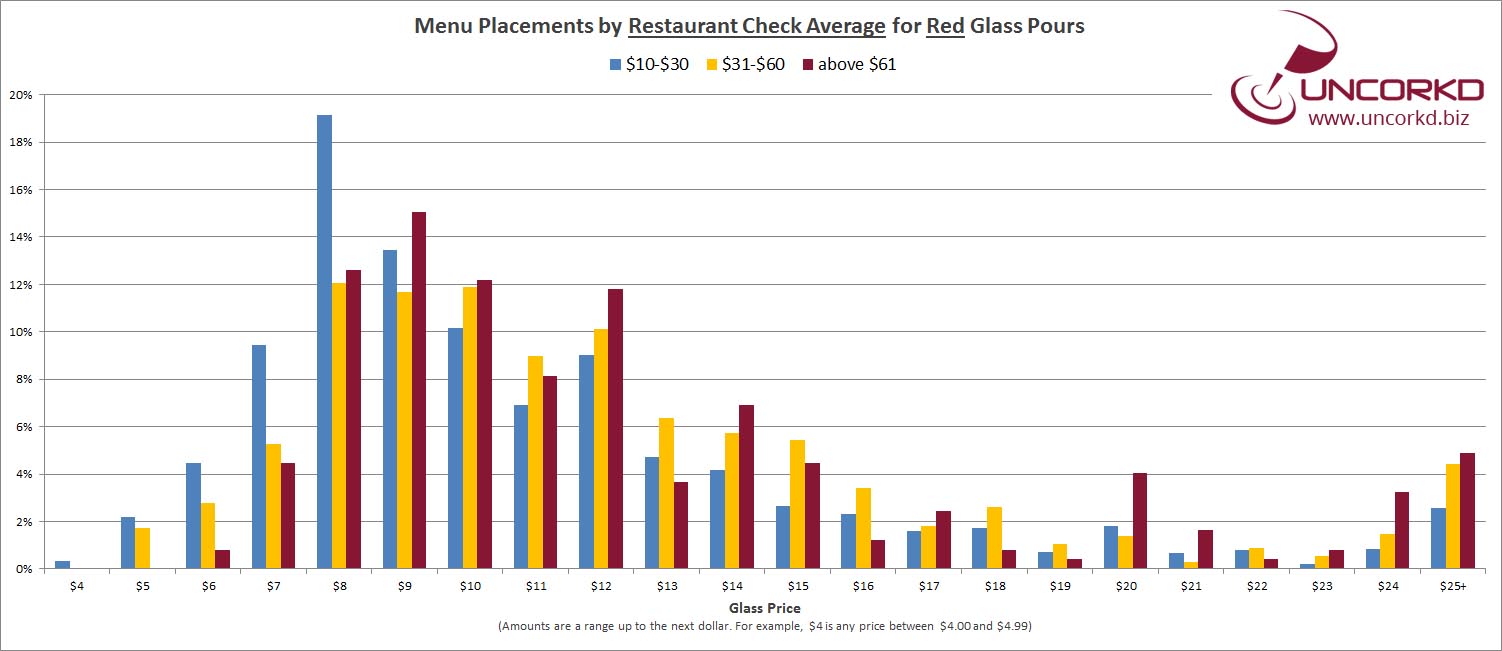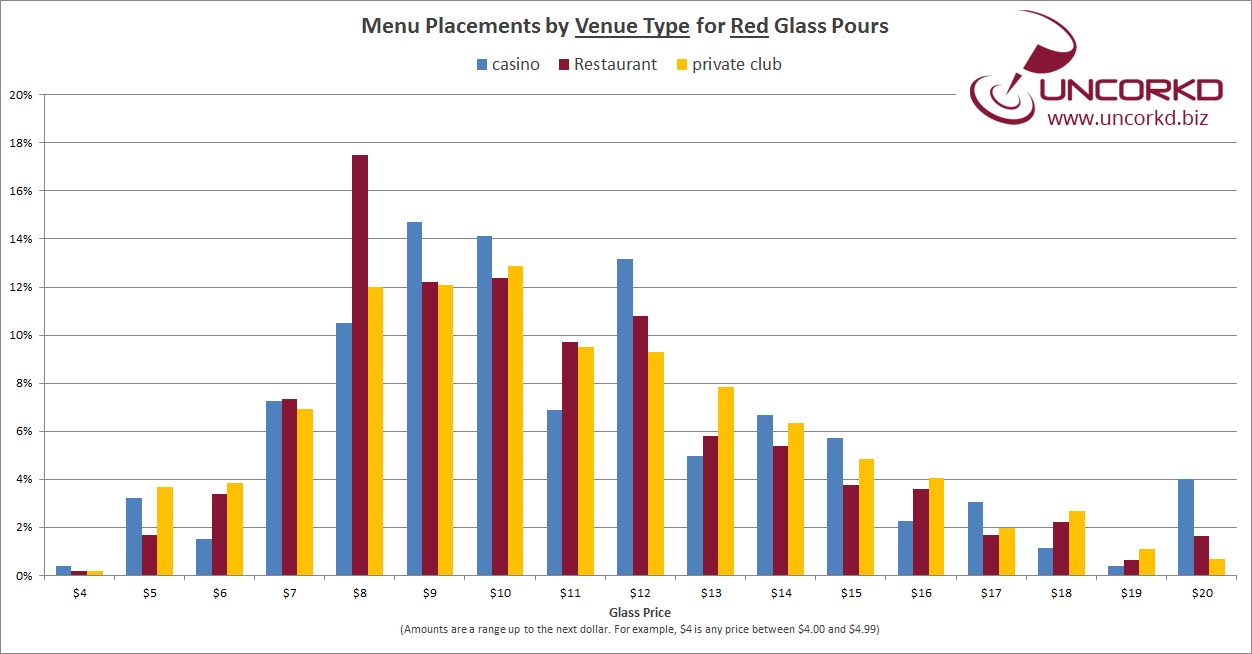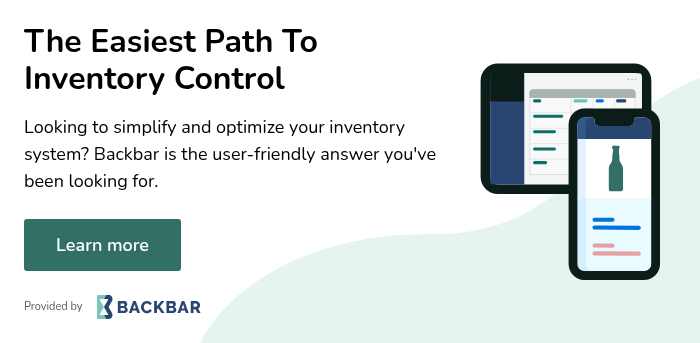Ah, the sacred wine by the glass list... In many restaurants the glass list is responsible for up to 75% of all wine sales. With gross margins on glass pours often exceeding 65%, wine by-the-glass can end up accounting for an entire restaurant's profitability.
This is true liquid gold for a full service restaurant and having a solid offering of wines by the glass to offer your customers can be the difference between closing your doors or raking in lots of money.
In a recent Eater article on New York restaurants increasing their prices, Ryan Sutton reported on Atera, a popular two star Michelin restaurant, that was struggling to break-even because they weren't selling enough wine. According to maitre d’ Matthew Abbick:
As some time went on, we realized we had not quite anticipated just how many of our guests would opt for no beverages. And month after month, we saw that wine sales were the only thing bringing us within reach of a break-even point. It was a sad reality, that if every guest of Atera ordered the tasting menu and a temperance pairing, we would close.
While the cure for Atera was to raise their menu prices, a less wallet-invasive cure for restaurants is to increase the number of guests who order wine. This is known as the incidence rate.
Which is a technical term that means the number of covers who order wine divided by the total covers. It's a very handy metric but it's a measurement that restaurateurs and management don't consider enough, but you can consider yourself a savvy sales shark if you do!
So what's the best way to increase the number of guests who order wine? Have a wine list, and in particular glass pours, that satisfy what guests are looking for at the prices they want.
With the help of data provided from Uncorkd, we examined wine by the glass data and see both what restaurants are currently offering and perhaps more importantly, what consumers are interested in.
The real-time on premise data provided by Uncorkd is sourced from customer activity on their digital menus, used by hundreds of restaurants. The data includes millions of menu interactions by diners and we can slice this data down a number of different ways based on both wine and restaurant properties.
As a result, we offer this data and some key insights on what wines restaurants should have on their glass list.
The best way to increase your wine sales is to offer a glass pour list featuring wines that satisfy what the customer want to drink and at the prices they'd like to pay.
First, let's look at the full spectrum of all wine by the glass offerings at various price points
First, you'll clearly see the most common wine by the glass pours are between $7 and $12. But take a look at the red bars which represent consumer interest. You'll see there's more interest than there are menu placements at $9, $11, $13, $14 and $15. That's all well and good across all wines, but doesn't reveal much until we dig deeper.
Here's how wine by the glass offerings vary for white vs. red wines
Now we start seeing a little more interesting data. First you'll notice white wines by the glass are priced in a much more narrow band than red wines which have more expensive selections.
For example, white wines priced at $8 make up about 17% of all white glass pours, while reds at that price make up slightly over 14%. You'll also see that consumers are really interested in whites at $8 per glass, but much less interested in reds at that same price.
What's the ideal price point for Cabernet Sauvignon by the glass?
Analyze the data yourself, but here are a few of my thoughts:
- Restaurants have too many $8 pours of Cabernet Sauvignon on their list
- The optimal price range to maximize diner interest and profit is $11-$15, yet too many restaurants don't have options available at $14 or $15.
- There is a lot of demand for more expensive options at $23 or more.
If you're going to add a Moscato pour to your list, add one for $8 a glass
Moscato has grown in popularity over the last few years. Most lists though won't have more than one Moscato by the glass. Our data is clear, if you are adding a single Moscato, put one on at $8.
This data is all well and good, but covers a wide swath of restaurants. Here's a couple more examples segmenting by type of restaurant.
Here's how pricing varies for red wine when
segmented by restaurant check average
As you'll see many expensive restaurants still offer a significant number of red glass pours between $8-$12
Here's how pricing varies for red wine when segmented by type of establishment
Again, many interesting conclusions can be taken from this chart on the differences in wine by the glass pricing strategy among casinos, restaurants and private clubs.
Putting it all together to improve your wine program
Whether you're revamping your wine list or creating one for a new restaurant, use real data, not intuition, to choose your list.
Consumers have different tastes, and different budgets, but the data doesn't lie and can help you develop a successful wine by the glass program that both appeals to your customers and increases your profit.
And if you work for a wine supplier or distributor, provide valuable data and insights to your accounts to help them craft the very best wine program.
They'll thank you for it and likely purchase more of your products if you can add value and build trust in having their best interests in mind.
